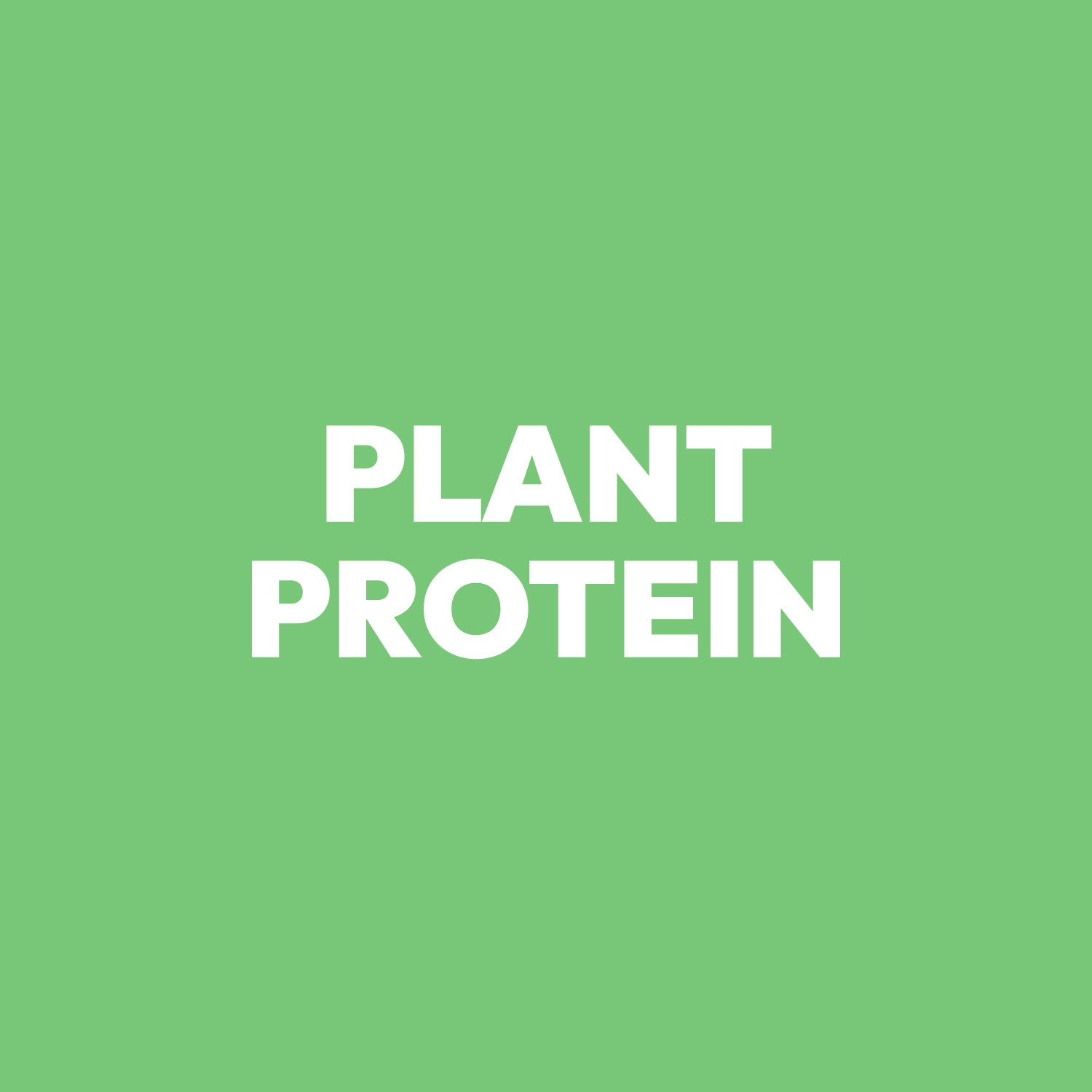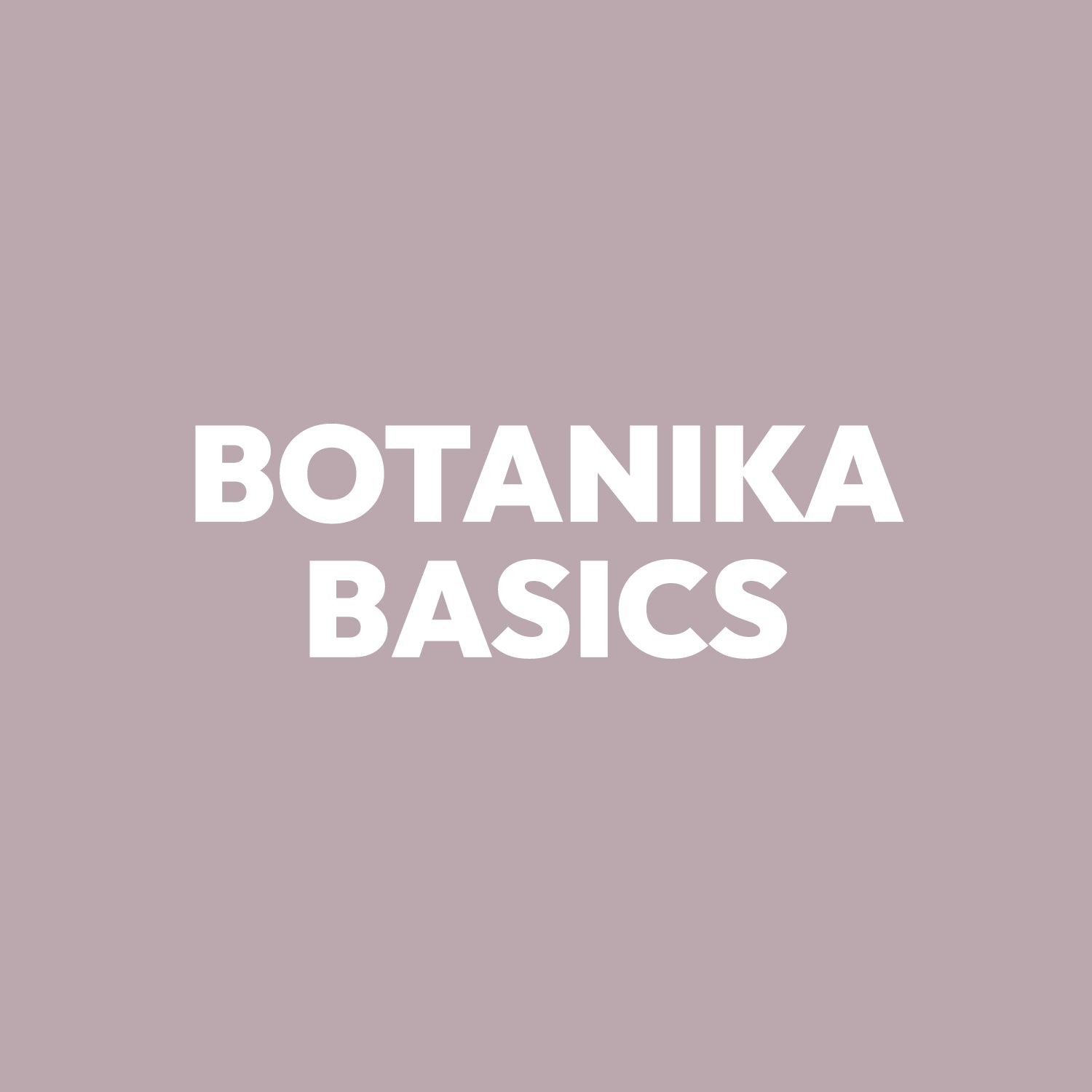

Protein Supplements in Pregnancy: A Complete Guide
During pregnancy, your body undergoes remarkable changes that significantly increase your nutritional needs. Among the most critical nutrients is protein, which plays an essential role in fetal development, maternal health, and preparing your body for breastfeeding. While a balanced diet should be your primary source of nutrition, many pregnant women find it challenging to meet their increased protein needs through whole foods alone.

👉 Explore our Plant Protein Powders
Whether you’re dealing with morning sickness, food aversions, or simply struggling to consume enough protein rich foods throughout the day, protein supplements can serve as a valuable tool to support your healthy pregnancy. However, not all protein powders are created equal, and understanding which options are safe and effective during pregnancy is crucial for both you and your growing baby.
This comprehensive guide will walk you through everything you need to know about protein supplement in pregnancy, from understanding your changing protein needs to selecting the safest and most effective options available.
Why Protein Supplements Matter During Pregnancy
Pregnant women need 70-100 grams of protein daily, representing a substantial 25-30 gram increase from pre-pregnancy requirements. This dramatic increase isn’t arbitrary – protein serves as the fundamental building block for your growing baby’s development and your body’s adaptation to pregnancy.
Essential amino acids from protein sources support critical fetal development, including brain formation, organ development, and muscle tissue growth. Every cell in your baby’s rapidly developing body requires adequate protein to form properly. Additionally, protein plays a crucial role in expanding maternal tissues, including the uterus, breasts, and increased blood volume necessary to support pregnancy.

👉 Explore our Plant Protein Powders
Unfortunately, morning sickness and food aversions can make meeting these protein needs through whole foods particularly challenging. Many pregnant women experience nausea, especially during the first trimester, making it difficult to consume traditional protein sources like lean meats, dairy products, or legumes. This is where protein supplements can provide a convenient and effective way to bridge nutritional gaps.
Adequate protein intake has been linked to reduced risk of low birth weight babies and improved pregnancy outcomes overall. Research shows that sufficient protein supports proper fetal growth and may help prevent complications associated with inadequate nutrition during pregnancy.
Understanding Protein Requirements Throughout Pregnancy
Your protein needs evolve significantly throughout your pregnancy journey, with requirements varying based on which trimester you’re in and your individual circumstances.
During the first trimester, your protein needs remain relatively similar to pre-pregnancy levels, requiring approximately 46-50 grams daily. This is because early pregnancy involves primarily cellular development rather than significant tissue growth that demands higher protein intake.
However, the second and third trimesters mark a period of rapid growth, demanding increased intake to 70-100 grams per day. These later stages involve substantial fetal tissue development, maternal blood volume expansion, and preparation for milk production. The third trimester, in particular, represents the most rapid growth phase for your baby, requiring optimal protein availability.

👉 Explore our Plant Protein Powders
Individual protein needs can vary significantly based on your pre-pregnancy weight, activity level, and whether you’re carrying multiples. The general recommendation of one gram per kilogram of body weight serves as a baseline, increasing to 1.2-1.52 grams per kilogram during periods of rapid growth.
Healthcare providers can calculate personalised protein targets based on your specific circumstances, including your nutritional status, any pregnancy complications, and your baby’s growth patterns. Working with your healthcare provider ensures you’re meeting your unique needs without exceeding safe levels.
Safety Considerations for Protein Supplements in Pregnancy
When considering protein powder during pregnancy, safety should be your primary concern. While most pregnancy safe protein powder options are generally considered safe when used appropriately, several important factors require careful attention.
The supplement industry faces minimal FDA regulation, meaning protein supplements fall under dietary supplements rather than pharmaceutical oversight. This lack of stringent regulation makes third-party testing absolutely essential for verifying safety, purity, and accurate labeling. Look for products that have been independently tested for heavy metals, contaminants, and ingredient accuracy.
One critical consideration is avoiding too much protein, as excessive intake above 100-120 grams daily may potentially interfere with fetal growth. Research suggests that high-protein, low-carbohydrate diets during pregnancy can be counterproductive and are not recommended for maintaining balanced nutrition.

👉 Explore our Plant Protein Powders
Always consult your healthcare provider before starting any protein supplementation during pregnancy. They can assess your individual nutritional status, evaluate your current diet, and determine whether supplementation is appropriate for your specific situation.
When selecting supplements, prioritise products free from artificial additives, herbal ingredients, and excessive vitamin fortification that could lead to nutrient toxicity when combined with prenatal vitamins. Many protein powders contain added vitamins and minerals that may push your total intake above safe levels.
Types of Pregnancy-Safe Protein Supplements
Whey Protein and Whey Isolate
Whey protein stands out as one of the most popular and well-researched protein supplements available. Derived from milk during cheese production, whey protein provides a complete protein containing all nine essential amino acids necessary for optimal fetal development.
This high quality protein powder offers rapid absorption and easy digestibility, making it particularly valuable for pregnant women experiencing nausea or digestive sensitivity. Whey protein isolate undergoes additional processing to remove most lactose, making it suitable for those with mild lactose sensitivity while maintaining its complete amino acid profile.
Choose whey protein if you tolerate dairy well and want a quickly absorbed protein source. However, avoid whey products if you’re severely lactose intolerant or have dairy allergies, as even isolate forms may contain trace amounts of milk proteins.
Plant-Based Protein Options
Plant based protein powder options have gained popularity among pregnant women seeking alternatives to dairy-based supplements. These options work particularly well for vegetarian or vegan pregnancies and those with dairy sensitivities.
Pea protein provides 15-25 grams of protein per serving with high branched-chain amino acid content that supports muscle health during pregnancy. This plant protein source is highly digestible and hypoallergenic, making it suitable for most pregnant women.
Hemp seeds contribute to hemp protein powder, which offers 10-15 grams of protein per serving along with beneficial omega fatty acids and fiber. This plant based protein provides additional nutritional benefits beyond just protein content.

👉 Explore our Plant Protein Powders
Brown rice protein serves as another hypoallergenic option, delivering 15-20 grams of protein per serving. This plant protein works well for women with multiple food sensitivities or allergies.
Organic pea protein and other plant proteins often require combining different sources to achieve complete amino acid profiles, unlike animal-based options that naturally contain all essential amino acids.
How to Choose the Right Protein Supplement
Selecting the right protein supplement requires careful evaluation of several key factors that impact both safety and effectiveness during pregnancy.
Start by examining the ingredients list, prioritising products with very few ingredients containing recognisable, whole food sources. Avoid supplements with long lists of artificial additives, preservatives, or ingredients you can’t pronounce.
Verify that your chosen supplement has undergone third-party testing for heavy metals, contaminants, and label accuracy. Reputable manufacturers will clearly display this information or provide certificates of analysis upon request.
Consider choosing unflavoured or naturally flavoured options to avoid artificial sweeteners and additives that may cause digestive upset or provide unnecessary chemicals during pregnancy. Natural flavouring reduces the risk of consuming artificial additives while still providing palatability.
Evaluate digestibility factors, especially if you’re experiencing pregnancy-related nausea or food sensitivities. Some protein sources digest more easily than others, and finding one that agrees with your system is crucial for consistent use.
Check protein content per serving to ensure you can meet your daily protein intake goals without consuming excessive amounts. Most high quality protein powders provide 15-25 grams per serving, allowing you to supplement appropriately without overdoing it.
Review allergen warnings carefully and avoid products containing pregnancy-contraindicated herbs or botanicals. Many supplements include herbal blends that haven’t been tested for safety during pregnancy and breastfeeding.
Benefits of Protein Supplementation During Pregnancy
Protein supplements offer several practical advantages for pregnant women beyond simply meeting basic nutritional requirements.
The most immediate benefit is convenience when appetite is reduced by morning sickness or food aversions. A protein powder can provide substantial nutrition in a small volume, making it easier to consume adequate protein when eating feels challenging.
Many pregnant women find that adequate protein intake helps stabilise blood sugar levels and manage pregnancy cravings. Protein slows digestion and helps maintain steady energy levels throughout the day, potentially reducing the intense hunger and cravings that many women experience.
When food volume tolerance is limited due to nausea or a compressed stomach later in pregnancy, protein supplements provide concentrated nutrition without requiring large quantities of food. This concentration allows you to meet nutritional needs even when eating capacity is reduced.

👉 Explore our Plant Protein Powders
Some high quality protein powders include beneficial nutrients like choline, fiber, and omega fatty acids that support both maternal health and fetal development. These additional nutrients can help fill other nutritional gaps beyond just protein.
Protein supplements integrate easily into smoothies, baked goods, and other pregnancy-friendly recipes, providing versatility in how you consume them. This flexibility helps prevent monotony and allows you to adapt to changing taste preferences throughout pregnancy.
Finally, adequate protein supports maternal tissue expansion and prepares your body for milk production during breastfeeding, setting the foundation for successful lactation.
Potential Risks and Important Considerations
While protein supplements can be beneficial, several risks and considerations require careful attention to ensure safe use during pregnancy.
One significant concern is the risk of nutrient toxicity when combining fortified protein powders with prenatal vitamins. Many protein supplements contain added vitamins and minerals that, when combined with your prenatal vitamin, could push your intake above safe levels for key nutrients like vitamin A, iron, or zinc.
Some protein supplements contain high sugar content that could contribute to excessive pregnancy weight gain or blood sugar spikes. Review nutrition labels carefully and choose options with minimal added sugars to avoid unnecessary calories and potential gestational diabetes mellitus risks.

👉 Explore our Plant Protein Powders
The unregulated nature of the supplement industry means contaminated or mislabeled products remain a real possibility. Without proper oversight, some products may contain contaminants, incorrect ingredient amounts, or undisclosed substances that could affect pregnancy outcomes.
Over-reliance on supplements may lead to inadequate intake of other essential nutrients typically found in whole foods. While protein supplements can fill gaps, they shouldn’t replace a varied diet rich in other nutrients necessary for healthy pregnancy.
Certain protein sources may contain allergens that could potentially affect breastfeeding considerations. If you have food allergies or sensitivities, carefully review ingredient lists and consider consulting with a specialist.
Quality varies significantly between brands and products, making careful selection crucial for both safety and effectiveness. Not all protein powders meet the same manufacturing standards or undergo equivalent testing procedures.
Key Guidelines for Safe Protein Supplement Use
Following established guidelines ensures you gain the benefits of protein supplementation while minimising potential risks during pregnancy.
-
Use protein supplements to complement, never replace, protein rich foods in your balanced diet. Whole foods provide a broader spectrum of key nutrients, fiber, and beneficial compounds that supplements cannot replicate.
-
Limit supplementation to 1-2 servings daily unless specifically recommended by your healthcare provider based on your individual nutritional assessment. This moderate approach helps prevent excessive intake while meeting increased protein needs.
-
Monitor your total daily protein intake to stay within safe ranges of 70-100 grams, accounting for both food sources and supplements. Keep a food diary for a few days to understand your typical intake patterns and identify where supplementation makes the most sense.
-
Choose reputable brands with transparent sourcing and manufacturing practices. Look for companies that provide detailed information about their testing procedures, ingredient sourcing, and manufacturing facilities.
-
Discontinue use immediately and consult your healthcare provider if you experience any adverse reactions, including digestive upset, allergic reactions, or unusual symptoms. While serious reactions are rare, prompt attention ensures both your safety and your baby’s wellbeing.
Remember that adequate protein intake is important, but it’s just one component of good nutrition during pregnancy. Focus on maintaining a balanced diet that provides sufficient protein alongside other nutrients essential for fetal development and maternal health.
Conclusion
Navigating protein supplement in pregnancy requires balancing the genuine need for increased protein with careful attention to safety and quality. While protein supplements can serve as valuable tools for meeting your enhanced nutritional needs, they work best as part of a comprehensive approach to pregnancy nutrition that prioritises whole foods and professional guidance.
The key to successful protein supplementation lies in choosing high quality protein powders that have been third-party tested, contain minimal artificial additives, and provide appropriate amounts of protein without excessive fortification. Whether you choose whey protein or plant based protein, ensure your selection aligns with your dietary preferences, tolerance, and individual health needs.

👉 Explore our Plant Protein Powders
Remember that every pregnancy is unique, and what works for others may not be the best choice for you. Work closely with your healthcare provider to assess your individual protein needs, evaluate your current diet, and determine whether supplementation is appropriate for your specific situation. They can help you develop a personalised nutrition plan that supports both your health and your baby’s optimal development.
By following the guidelines outlined in this comprehensive guide and maintaining open communication with your healthcare team, you can make informed decisions about protein supplementation that support a healthy pregnancy and set the foundation for successful breastfeeding and recovery.
👉 Explore our Plant Protein Powders
Share:
FAQ – Protein Supplements in Pregnancy
More blogs
-

Better-For-You Caramel Bars (Vegan Friendly)
Move over, Twix, these vegan caramel bars are here to steal the (snack) spotlight. No refined sugar, no dairy, and absolutely no boring allowed. These better-for-you bars layer a soft, shortbread-style base with a gooey caramel centre (infused with our...
-

Choc & Raspberry Protein Bars (Vegan Friendly)
No bake. No blender. No bull. Just ridiculously easy, high-protein deliciousness. We get it, sometimes you want a snack that feels like dessert but acts like a nutritional overachiever. Enter: these Vegan Choc & Raspberry Protein Bars. They’re crunchy, chocolatey,...
-

10 Tips for Effective Exercise Recovery
Training hard is only half the story—recovery is where real progress happens. Whether you’re lifting weights, running hills, or smashing HIIT, giving your body time to heal and rebuild is essential for muscle growth, performance, and injury prevention. Here are...
















